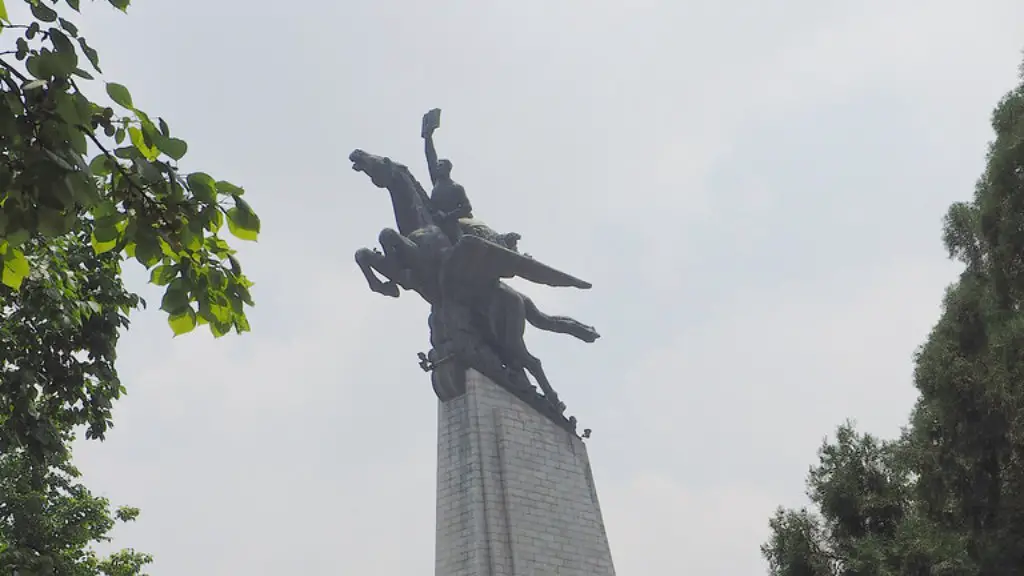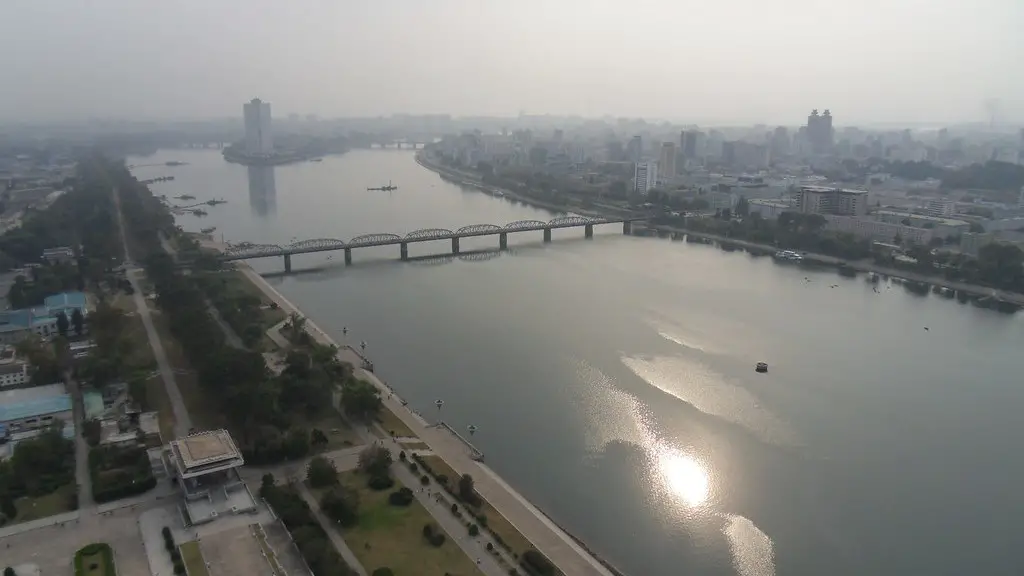Background and Data
North Korea is well-known as an authoritarian country with highly restricted access to the internet. Estimates suggest that only about 0.5% – 2% of the population has access of any kind to the internet. This is evidently restrictive in comparison to even nearby countries such as China, which has 67% internet access. Restrictions on the use of the internet in North Korea are enforced by the government, with the most extreme internal censorship in the world. It is not uncommon to find media censorship in authoritarian countries, but North Korea has taken it to new levels. The government controls all online activity and wires the entire country to monitor each person’s digital footprint. State censorship also extends to other forms of communication media, such as newspapers and television.
Reasons for Restriction
North Korean leaders have a number of reasons for restricting the internet. For example, they are fearful that the public would learn about the human rights violations and inequality suffered by certain individuals in their country. By restricting public access to the internet, the government can make sure that information about such atrocities does not spread and cause citizens to rally against the regime. Additionally, the North Korean government seeks to prevent its citizens from accessing information from other countries, as doing so could potentially weaken the government’s control.
Technology Used for Restrictions
North Korea has relied on the help of Chinese and European companies, who have supplied the nation with the hardware and software they require to enforce censorship and surveillance. North Korea is heavily reliant on China, who it buys its digital technology from and also uses their locally developed “Red Star” operating system instead of Microsoft Windows. Even so, North Korea has still managed to develop its own digital infrastructure and methods of censorship. The state-run search engine called Kwangmyong, a nationwide intranet in the country called Manbang and the upcoming Red Star 5.0 operating system are all projects of the North Korean government.
Enforcement
The enforcement of internet restrictions is extensive and advanced, with the government tracking punishments for any citizens found to have engaged in any form of internet activity. Police officers in North Korea have been known to pose as citizens to capture evidence of criminal activities and to interfere in activities deemed to not be in line with the government’s agenda. The government also has control over access points and the speed at which data is uploaded and downloaded. While access to the internet itself is rare, there are certain individuals who are granted access, such as researchers in universities and members of the upper class.
Effects on North Koreans
The effect that North Korea’s internet restrictions have on its citizens is immense. Aside from preventing them from connecting with the outside world, it also restricts the nation’s economic growth. North Korea relies on a state-controlled economy, but without access to potential international partners they are unable to develop their economy on a global scale. Moreover, the restrict access to educational opportunities and professional development, which in turn further restricts the country’s development.
Perspective of Experts
Many experts have condemned the North Korean government’s internet policies, with some even arguing that it amounts to a human rights violation. International organizations such as the United Nations have called for an end to the restrictions, stating that citizens should be allowed the same freedoms as the rest of the world. It is also argued that having access to the internet provides citizens with the knowledge and tools to develop the economy and secure a more prosperous future for their nation.
My Own Inisght
From my own analysis, I believe that North Korean Internet restrictions are beyond severe, and have severely limited the potential of many North Korean citizens. It is a sad sight that many of the population of North Korea are not only restricted from accessing a huge chunk of the digital world, but also is likely unaware of many of the advantages that using the internet can bring. Furthermore, North Korea is destroying the potential future of its citizens by literally digitaly segregating them from the majority of the wired world.
Effects on the Global World
The internet is a huge global platform and the lack of accessibility of North Koreans has a sizable effect on the global community. The silencing of a nation of millions of individuals means that the global public cannot benefit from their stories, perspectives and insights. This means that the huge potential of the North Korean population is being deprived of the human race, which has unimaginable consequences for global economic growth and development.
International Solutions
International organizations have proposed a number of solutions for the extremly restricted state of North Korea’s internet access. These include implementing international sanctions and an embargo, diplomatic pressure, and most of all, increased awareness and education of the issue. If these efforts were met with support from leaders of the international community, then the potential is there to help millions of North Koreans access the internet and become contributors to the digital world.
Recent Developments
In recent years, there have been positive signs that the North Korean government may be more willing to accept access to the internet for its citizens. The 2018 Asian Games saw North Korea for the first time offer free Wi-Fi services to athletes, and more recently the country has been negotiating with Google over creating a “North Korea-only search engine”. Although these changes do not constitute a radical shift in policies, they do perhaps suggest that the government is at least open to the idea that the internet could be beneficial, rather than harmful to their citizens.
Social Interactions and Global Perceptions
The lack of access to the internet is likely to have had a major impact on North Korean society, such as the lack of interaction between citizens and the outside world. As such, the perception of North Koreans globally is most likely a negative one due to the lack of international communication. Moreover, much of the negative rhetoric surrounding the country is simply left unchallenged due to the lack of connection between the outside world and individuals within North Korea.
Public Reaction and Private Solutions
There is undoubtedly a large interest by citizens both inside and outside of North Korea about expanding internet access for the country. Various groups, such as the Korean-American organization Uri Tours, have proposed various initiatives to increase access to the internet for North Korean citizens. There have been various attempts to connect North Koreans to the internet, such as providing USB sticks containing foreign news to graduate-level students. Additionally, international NGOs have also proposed programs to increase the digital literacy and computer skills of North Korean citizens.



